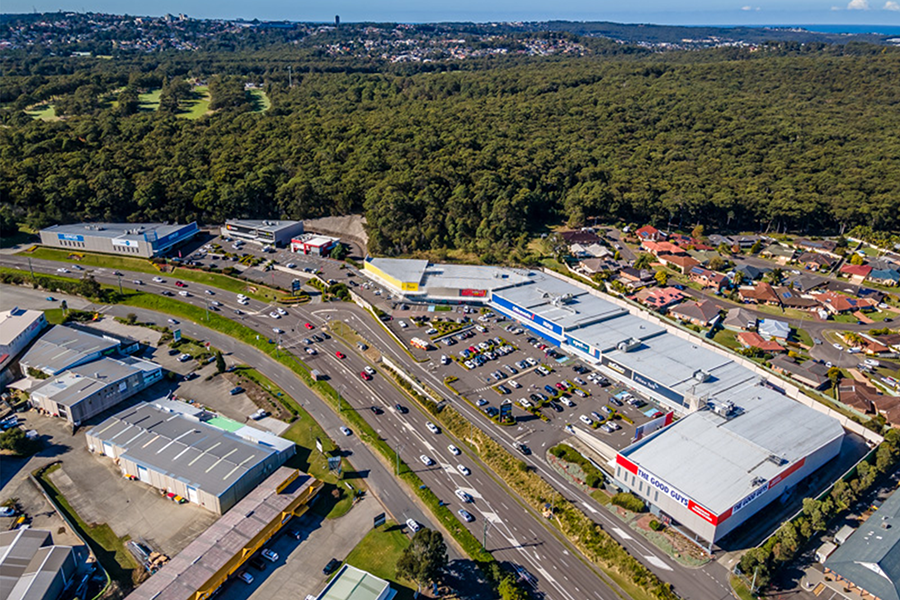ALDI supermarkets has today announced its commitment to purchase 100% of its electricity from renewable energy by the end of 2021. Globally, companies and institutions are seizing opportunities afforded by the tumbling price of renewable energy, along with consumer and stakeholder expectations, to re-engergise their operations with 100% renewable energy.
ALDI has been rolling out widespread energy efficiency measures, installing solar panels across hundreds of its stores and distribution centres, and signing agreements to buy electricity from Australian wind projects.
“ALDI knows a bargain when it sees one. Renewable energy is the cheapest form of energy and is bringing down power bills across the country,” said Lindsay Soutar, REenergise Campaign Director at Greenpeace Australia Pacific.
“ALDI has abundant roof space across its hundreds of stores and distribution centres. In a sun-soaked country like Australia, it just makes so much sense to use that space to generate clean and affordable power.”
Already two major deals have been signed to source power from new wind farms – the Dundonell Wind Farm near Mortlake in Victoria’s Western District, and Collector Wind Farm in the Southern Tablelands of New South Wales.
“ALDI’s deals with two new wind farms in Victoria and New South Wales are contributing to regional economic activity and new, future-proof job creation in clean energy at a time when we need it most.”
Today’s announcement prompts questions of when the two major supermarkets will follow suit. “ALDI making this commitment demonstrates it’s both possible and desirable for our biggest supermarkets to run entirely on renewable energy and paves the way for Coles and Woolworths to do the same.” said Soutar.
Greenpeace is calling on Coles and Woolworths to match ALDI’s commitment and power their operations with 100% renewable electricity by 2025.
Companies that commit to 100% renewable energy are joining a huge global trend. Around the world, more than 210 major companies have made commitments to 100% renewable energy, with more than 80 of these operating in Australia.





















